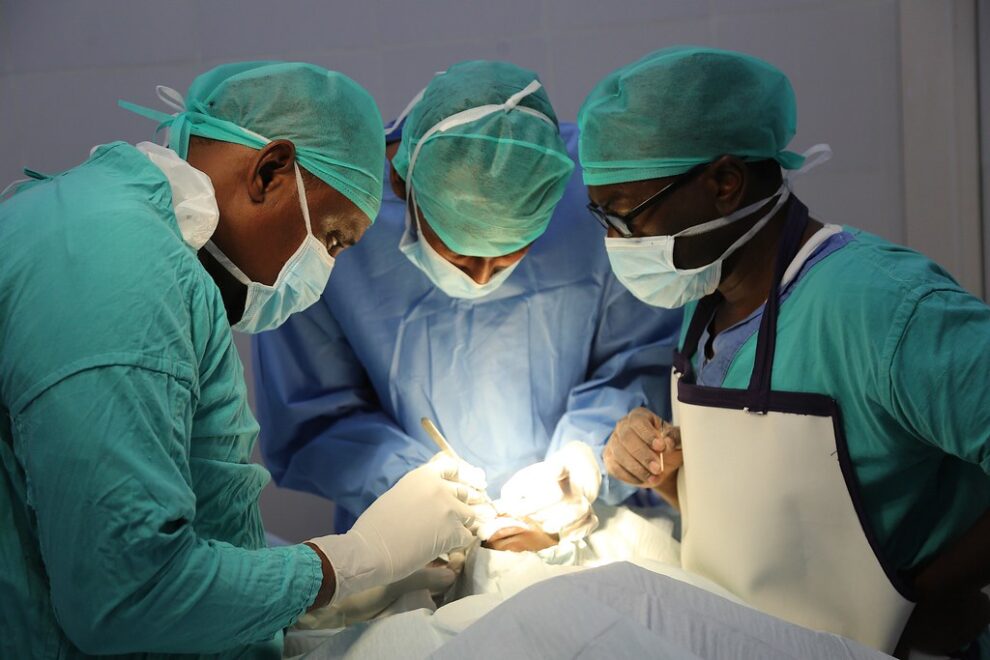Africa’s healthcare systems are grappling with a severe shortage of African doctors due to the exodus of medical professionals leaving the continent in search for better career prospects and higher salaries in high-income countries of the Global North.
According to a recent study, Africa has lost over 55,000 doctors from its health systems to Global North countries. In many affected nations, the scarcity of trained doctors has resulted in a significant portion of healthcare responsibilities falling upon medical interns.
The report by The Continent highlights that, among the African countries experiencing this drain of medical professionals, Egypt has suffered the greatest loss. The report noted that Egypt boasts the lowest doctor-to-patient ratio among its North African counterparts.
Nigeria, South Africa, Algeria, and Sudan also have faced a notable decline in the quality of healthcare services available to their residents. The emigration of doctors and nurses from other African nations to the Global North further complicates the situation, leaving the healthcare system perilously understaffed.
The report identifies the United Kingdom as the primary destination for African doctors, followed by the United States, France, Canada, Germany, and Ireland, in that sequence. According to the report, these countries offer enticing prospects of advanced healthcare facilities, greater professional development opportunities, and better living standards.

The impact of this doctor shortage is far-reaching, with overworked and understaffed medical facilities struggling to meet the healthcare needs of their communities. Longer wait times, poorer patient outcomes, and increased healthcare costs are just some of the consequences of this critical shortage.
African Doctors: “We were treated like we are nobody”

Another research study, titled “We Were Treated Like We Are Nobody,” offers insights into the internship experiences of medical doctors in East Africa, particularly Kenya and Uganda.
Based on data from over 700 medical interns in Kenya and Uganda, the study found that many interns reported working unreasonable hours, as long as 72 hours, due to staff shortage.
Furthermore, interns reported challenging scenarios where they had poor supervision and insufficient support due to consultants not being available, and sometimes interns were the only staff managing the wards or had to perform certain procedures unsupervised.
The findings from the study align with those of a Nigeria study published in May in the Public Library of Science journal. Researchers interviewed 628 early-career doctors and found that nearly 40% said they were overwhelmed by their workload. 16% expressed a desire to leave the profession, while twice as many reported experiencing anxiety on the job.
The researchers recommend reducing the working hours of medical interns and junior doctors. However, the challenges posed by limited training facilities and ongoing brain drain make it nearly impossible to reduce working hours.
Source : Business Insider











